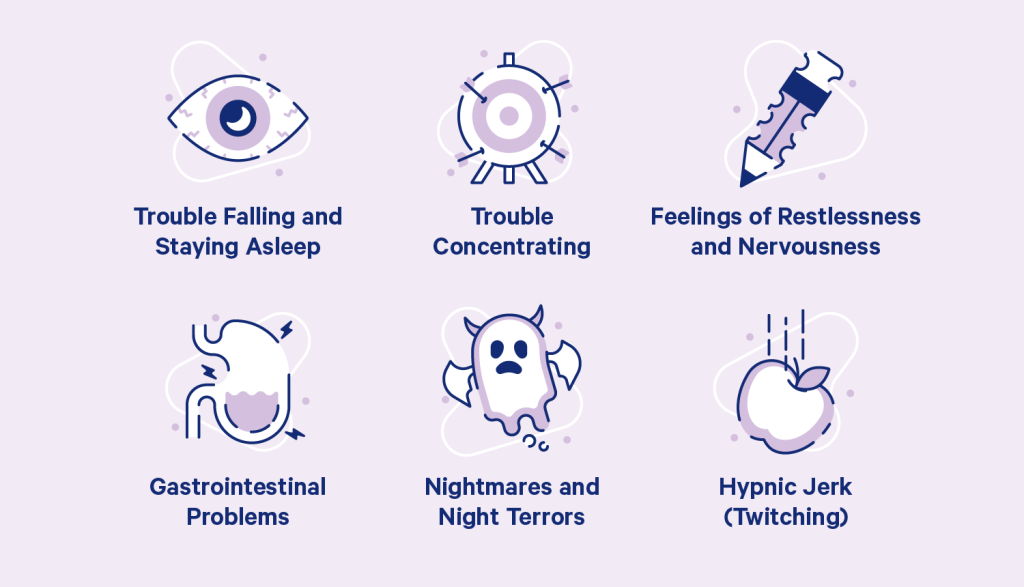
A good night’s sleep is essential for our overall health and well-being. It helps our body to recover from the day’s stress, improves our memory, and boosts our immune system. However, many of us struggle to get enough quality sleep each night. If you are one of those people, here are some tips to help you sleep better.
Create a Relaxing Bedtime Routine
Creating a relaxing bedtime routine can signal your body that it’s time to wind down and prepare for sleep. Try to establish a series of calming activities before bedtime, such as taking a warm bath, reading a book, or practicing relaxation exercises like deep breathing or meditation.
Make Your Sleep Environment Comfortable
Your sleep environment plays a crucial role in the quality of your sleep. Make sure your bedroom is cool, dark, and quiet. Consider using earplugs, an eye mask, or a white noise machine if necessary. Also, invest in a comfortable mattress and pillows. Narrowing down Mattress Firm options can help you find the perfect mattress that provides the right amount of support and comfort for your body.
Stick to a Schedule
Try to go to bed and wake up simultaneously every day, even on weekends. This helps regulate your body’s natural sleep-wake cycle and makes it easier to fall asleep and wake up refreshed.
Watch What You Eat and Drink
What you eat and drink before bedtime can significantly affect your sleep quality. Avoid heavy meals, caffeine, and alcohol close to bedtime. Instead, opt for a light snack with tryptophan, an amino acid that can help induce sleep. Some good options are a glass of warm milk, a banana, or a handful of almonds.
Get Regular Exercise
Regular physical activity can help regulate sleep patterns, reduce stress, and improve sleep quality. However, try to finish your workout a couple of hours before bedtime, as exercising too close to bedtime can actually make it harder to fall asleep.
Manage Stress and Anxiety
High stress and anxiety levels can make it difficult to fall asleep or stay asleep. Try to incorporate stress-reducing activities into your daily routine, such as yoga, deep breathing exercises, or progressive muscle relaxation.
Limit Exposure to Screens Before Bedtime
Exposure to screens before bedtime can interfere with your sleep because the blue light emitted by screens suppresses the production of melatonin, a hormone that regulates sleep. Try to limit your use of electronic devices and igaming playing at least an hour before bedtime and consider using a blue light filter on your devices if you must use them.
Conclusion
Getting better sleep is crucial for our physical and mental health. Creating a relaxing bedtime routine, making your sleep environment comfortable, sticking to a schedule, watching what you eat and drink, exercising regularly, managing stress and anxiety, and limiting exposure to screens before bedtime.
You can improve your sleep quality and wake up feeling refreshed and rejuvenated. Remember, narrowing down Mattress Firm options and investing in a comfortable mattress is an essential step towards better sleep. Good night!
